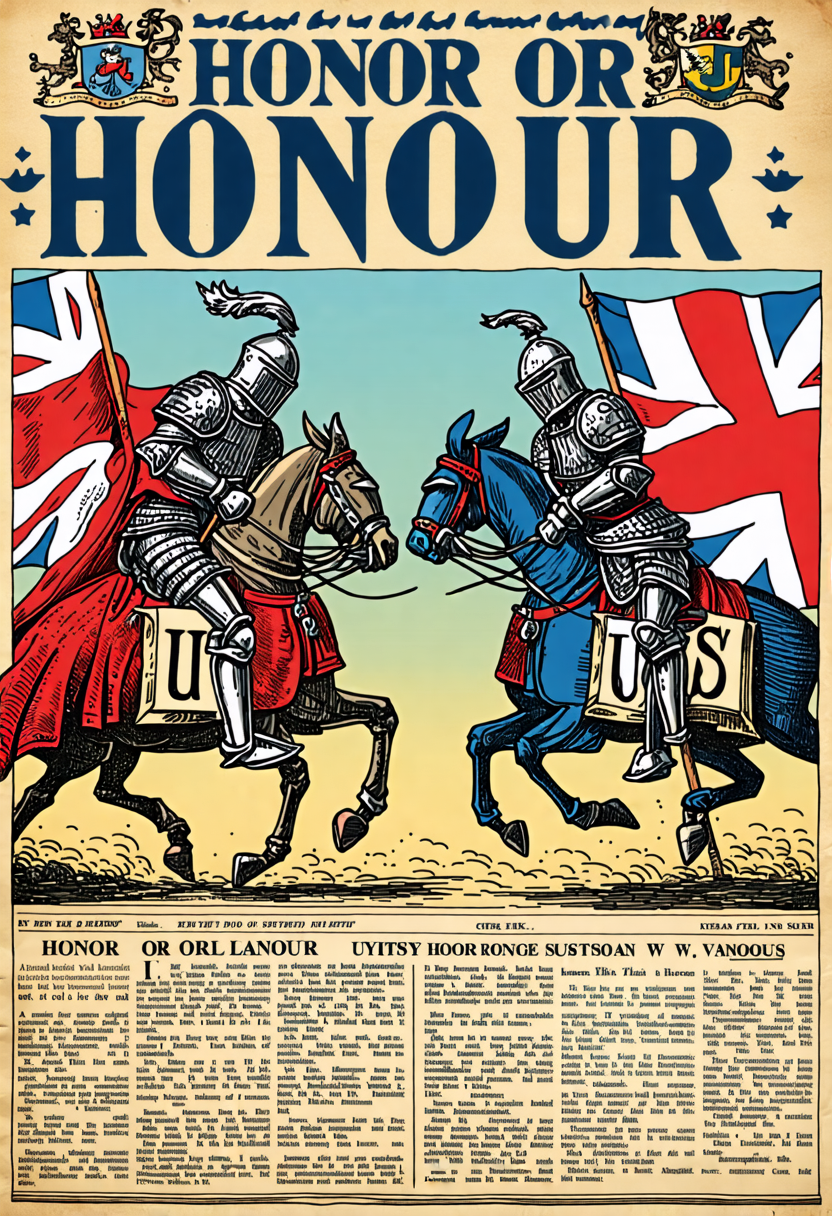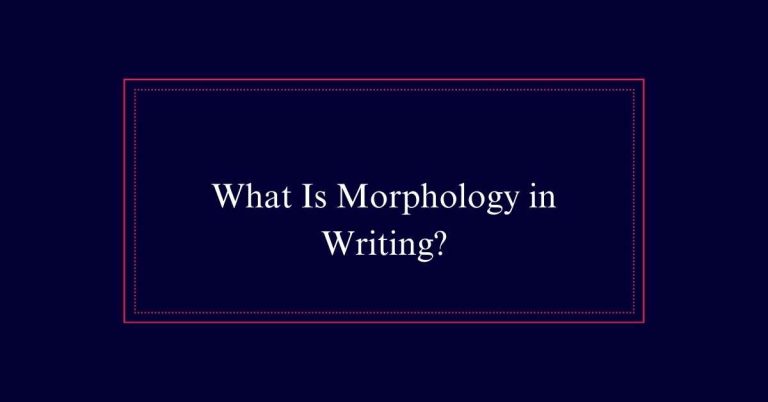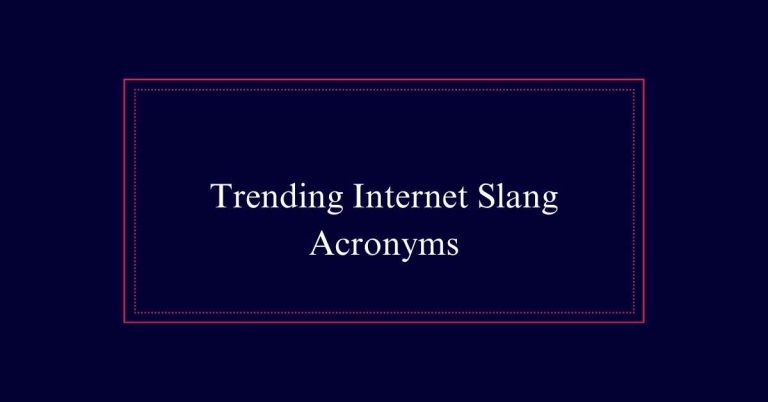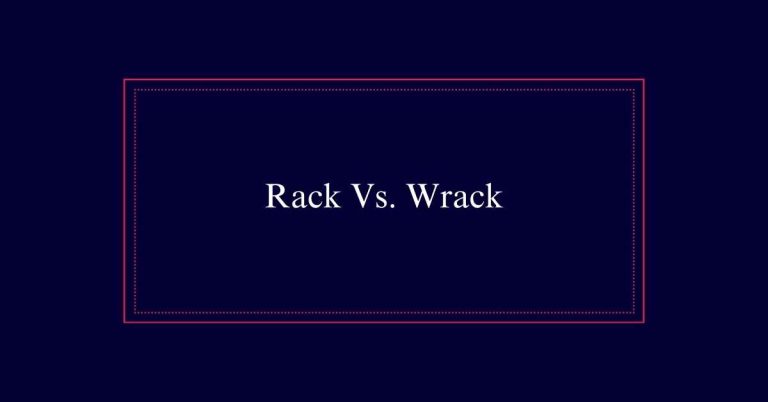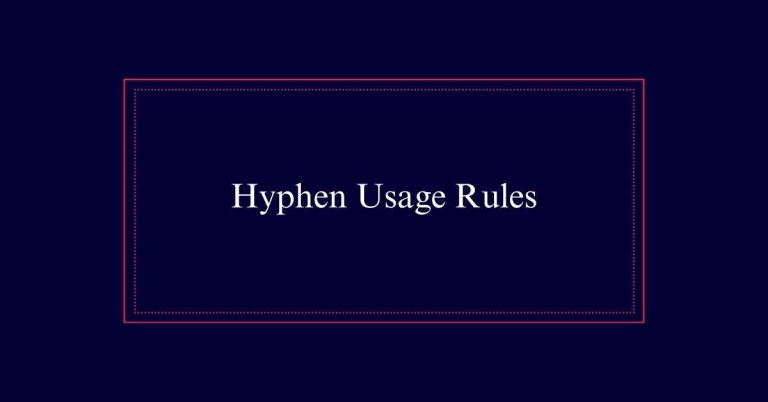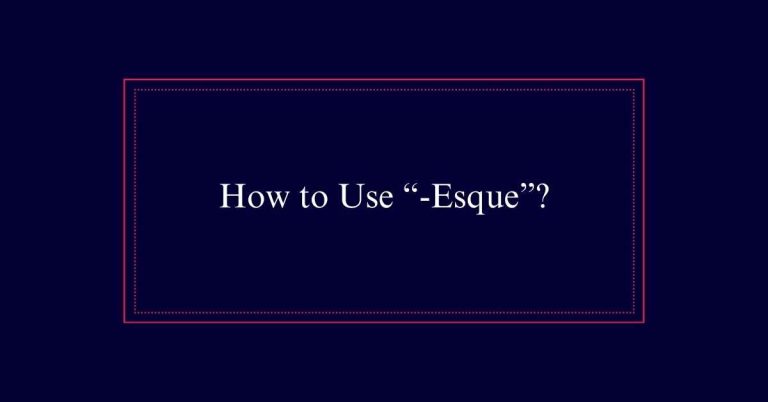Honor or Honour?
The word “honor” is used in American English, while “honour” is the British English spelling. This variation extends to other words like “color” and “colour,” influenced by historical figures like Noah Webster in America and Samuel Johnson in Britain.
These spelling differences reflect long-standing cultural and linguistic traditions. Despite these distinctions, some words such as “honorary” are spelled the same in both forms of English.
American Vs. British Spelling
American and British English differ greatly in their spelling conventions. Words like ‘honor’ in American English are spelled ‘honour’ in British English. This pattern extends to other words such as ‘color’ and ‘favor,’ which become ‘colour’ and ‘favour’ in British usage.
These differences stem from historical influences. Noah Webster, an American lexicographer, aimed to simplify English spelling, while Samuel Johnson’s dictionary supported traditional forms in British English.
Despite these differences, some words remain the same in both dialects. For example, ‘honorary’ and ‘honorific’ are spelled identically in both.
Pronunciation Differences
Pronunciation varies greatly between American and British English, often leading to distinct sounds for the same word. For example, the word ‘honor’ is pronounced differently in each dialect. In American English, it sounds like “AH-nər,” whereas in British English, it is “ON-ər.” These differences can sometimes cause confusion but also add richness to the language. Below is a table to illustrate some common pronunciation differences:
| Word | American Pronunciation | British Pronunciation |
|---|---|---|
| Honor | AH-nər | ON-ər |
| Schedule | SKED-yool | SHED-yool |
| Tomato | tuh-MAY-toh | tuh-MAH-toh |
Historical Influences
Understanding pronunciation differences is just one aspect; historical influences have also shaped the divergent spellings in American and British English. Noah Webster played a significant role in simplifying American English spelling. In his quest for a more phonetic language, he removed the ‘u’ from words like ‘honour’ and ‘colour.’
In contrast, Samuel Johnson’s dictionary in Britain retained the traditional spellings, emphasizing the historical and etymological roots of words. These differences reflect broader cultural and educational philosophies. Webster aimed to create a distinct American identity, while Johnson focused on preserving the linguistic heritage.
Common Spelling Patterns
Common spelling patterns in English often reveal the historical and cultural influences that have shaped the language. American and British English differ in many ways, particularly in spelling. For instance, American English tends to simplify spellings, while British English retains older forms. This difference is evident in words like ‘color’ (American) and ‘colour’ (British).
Here is a comparison of common spelling patterns:
| American English | British English |
|---|---|
| color | colour |
| honor | honour |
| favor | favour |
These variations reflect historical decisions made by influential figures like Noah Webster in America and Samuel Johnson in Britain.
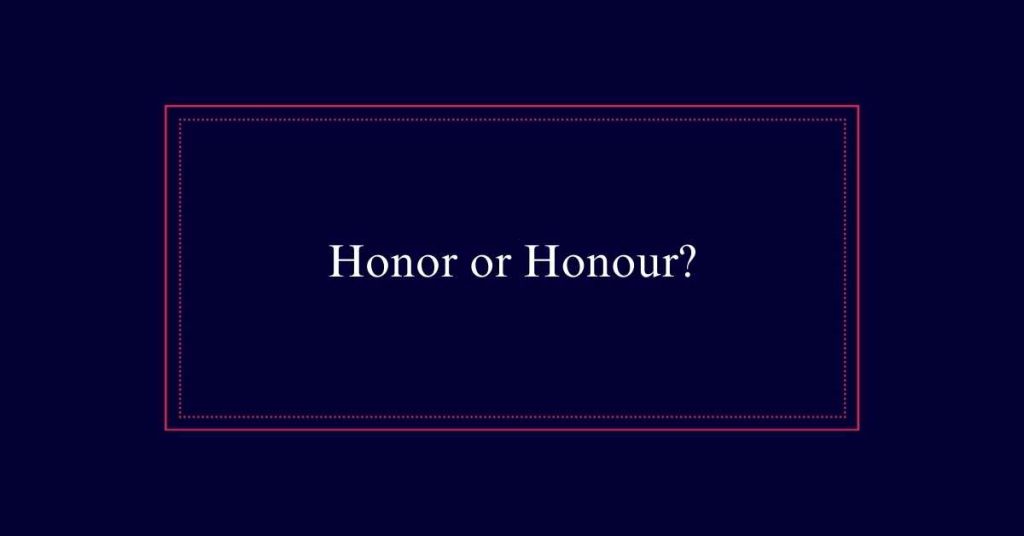
British Exceptions
In British English, certain words like ‘honorary’ and ‘honorific’ are spelled the same as in American English. These exceptions exist despite the usual British preference for the ‘our’ ending, such as in ‘honour.’ The consistency in spelling for these terms helps maintain clarity in both British and American contexts.
Other examples include ‘honorous’ and ‘honoration.’ These words retain the ‘or’ ending even in British usage. The reason for these exceptions lies in their specific etymological roots and the need for standardization in certain formal contexts. This uniformity guarantees that the terms are universally understood, regardless of regional spelling variations.
Literary Examples
Drawing from the exceptions in British English spelling, literature often showcases the cultural nuances of ‘honor’ and ‘honour.’ Many famous authors have used these terms to convey respect and distinction. For instance, Kurt Vonnegut and Winston Churchill offer American and British perspectives, respectively. Their works highlight the subtle differences in spelling and meaning.
Below is a table of notable literary examples:
| Author | Example Quote |
|---|---|
| Kurt Vonnegut | “I am honored to be alive.” |
| Winston Churchill | “Let us honor our convictions.” |
| J.K. Rowling | “Gilderoy Lockhart, Honorary Member…” |
| David Spearing | “He proudly accepted the honour.” |
| Unknown | “The Grand Vermeil award is a prestigious honour.” |
Cultural Implications
Understanding the cultural implications of ‘honor’ and ‘honour’ requires exploring how different societies value respect and distinction. In various cultures, honor signifies more than just personal integrity; it embodies societal norms and traditions. For instance, in many Eastern cultures, honor is closely tied to family reputation and community standing. Conversely, Western societies often emphasize individual achievements as sources of honor.
The spelling differences between ‘honor’ and ‘honour’ reflect broader cultural distinctions. American English tends to simplify spelling, aligning with a more pragmatic approach. In contrast, British English retains traditional forms, showcasing a respect for historical continuity.
Honor in Literature
Literature often reflects the cultural significance of honor, capturing its diverse meanings across different societies. Characters in novels, plays, and poems often grapple with what it means to be honorable. In classics like ‘To Kill a Mockingbird,’ Atticus Finch exemplifies moral honor. Shakespeare’s ‘Othello’ explores the tragic consequences of perceived dishonor. Authors use honor to build complex characters and plots.
Honor can mean bravery, integrity, or loyalty, depending on the context. It is a theme that transcends time and geography, resonating with readers worldwide. By examining honor in literature, we gain insight into human values and societal norms. This exploration helps us understand how honor shapes individual actions and community expectations.
